A history degree program develops critical thinking, research, analysis, and other valuable skills through a diverse study of historical topics, events, and societies. With a comprehensive and nuanced perspective of past and current events, history degree graduates can pursue a variety of in-demand careers.
According to the Bureau of Labor Statistics, history degree holders earn a yearly median wage of $63,000. Many history students go on to work in education fields, while others frequently work in legal, management, or business professions.
An undergraduate history degree takes about four years and costs an average of $14,688 to $27,637 annually; graduate degrees average $20,513 per year.
Why Trust Us
The Intelligent.com Higher Education Team is dedicated to providing students with independent, equitable school and program rankings and well-researched resources. Our expert-driven articles cover topics related to online colleges and programs, paying for school, and career outlooks. We use data from the U.S. Department of Education’s College Scorecard, the National Center for Education Statistics, and other reputable educational and professional organizations. Our academic advisory team reviews content and verifies accuracy throughout the year for the most current information. Partnerships do not influence rankings or editorial decisions.
- Analyzed over 2,000 national, accredited, and nonprofit colleges and universities
- 800+ rankings pages are reviewed and updated yearly
- Content is informed by reputable sources, surveys, and interviews with academic advisors and other experts
- Over 100 data points are reviewed for accuracy and quality throughout the year, including sources
How we rank schools
Our list features the best History degree programs at top colleges nationwide. Each school featured is a nonprofit, accredited institution — either public or private — with a high standard of academic quality for post-secondary institutions.
We evaluated each school’s program on tuition costs, admission, retention and graduation rates, faculty, reputation, and the student resources provided for online students. We collected data from trusted sources like the National Center for Education Statistics, individual school and program websites, school admissions counselors, and other data sources. Then, we calculated the Intelligent Score on a scale of 0 to 100 based on the following criterion:
Academic Quality:
- Admission rate versus enrollment rate
- Retention rate of students who return after year one
- Accreditation status (regional and programmatic)
- Nonprofit status, both private and public institutions
Graduation Rate
- Overall graduation rate
- Total number of currently enrolled students, including diversity metrics
- Student-to-faculty ratio
Cost and ROI
- In-state and out-of-state per-credit tuition rates and fees
- Required credits to graduate
- Earning potential after graduation
- Availability of federal student loans, scholarships, and other financial aid options
Student Resources
- Available student services for online-only and hybrid programs
- On-campus amenities like tutoring centers and the number of libraries
Read more about our ranking methodology.
Best 50 Accredited History Degree Programs
FiltersInstitution Type
Status
- Intelligent Score
- Alphabetically By University Name
- Acceptance Rate
- Enrollment
- In-state Graduate Tuition
- Out-of-state Graduate Tuition
- In-state Undergraduate Tuition
- Out-of-state Undergraduate Tuition

Harvard University
Intelligent Score: 99.76In-state: $49,653
Out-of-state: $49,653
In-state: $49,448
Out-of-state: $49,448
SAT: 1460-1580
ACT: 33-35
$1,767
On-Campus
New England Commission of Higher Education
128

Texas State University
Intelligent Score: 98.80In-state: $8,326
Out-of-state: $19,778
In-state: $6,946
Out-of-state: $6,946
SAT: 1010-1180
ACT: 20-25
Resident: $730
Non-Resident: $1,140
On-Campus
Southern Association of Colleges and Schools Commission on Colleges
120
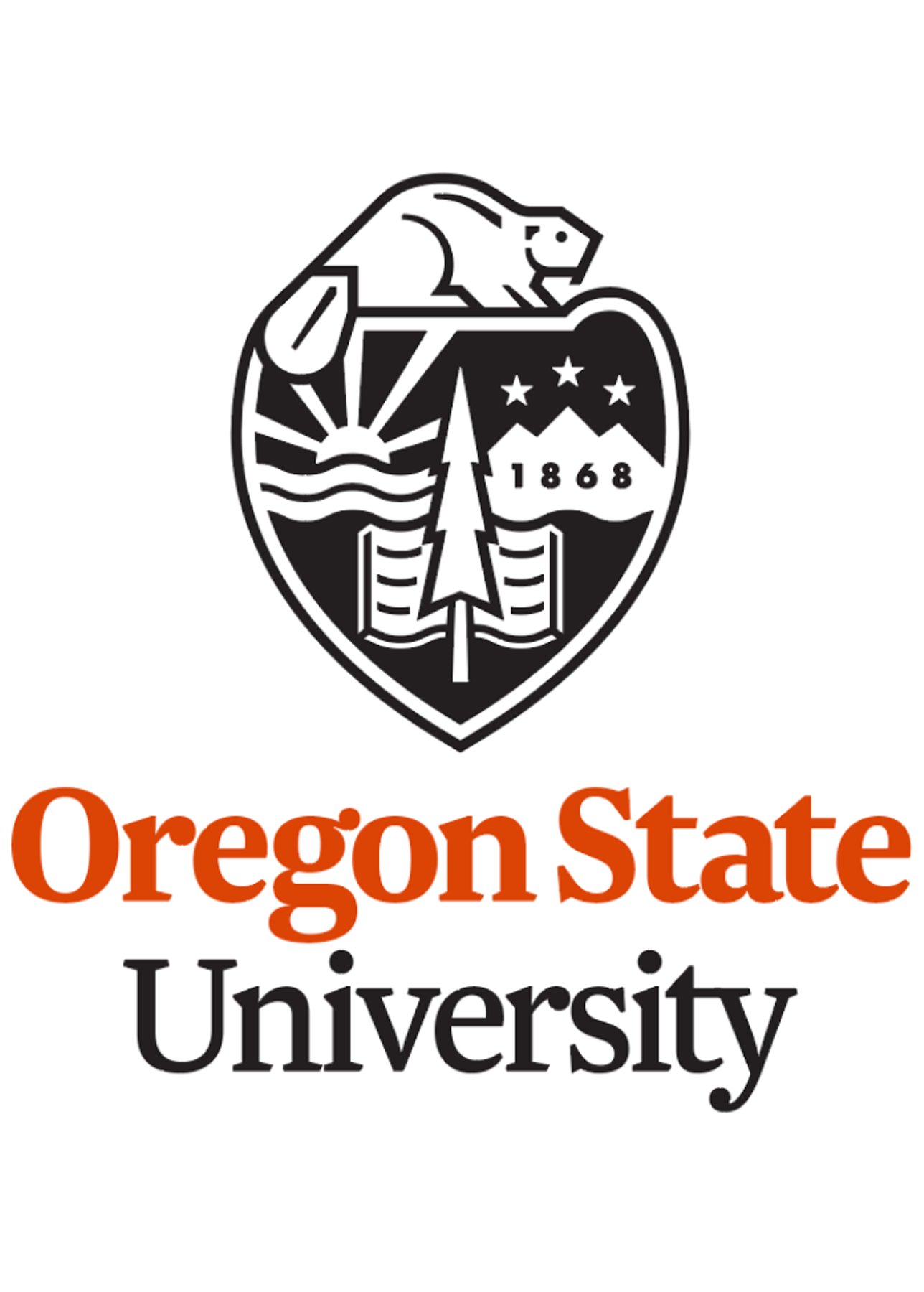
Oregon State University
Intelligent Score: 98.45In-state: $9,846
Out-of-state: $29,445
In-state: $13,257
Out-of-state: $13,257
SAT: 1080-1310
ACT: 21-29
Resident: $386
Non-Resident: $1,138
On-Campus
Northwest Commission on Colleges and Universities
180
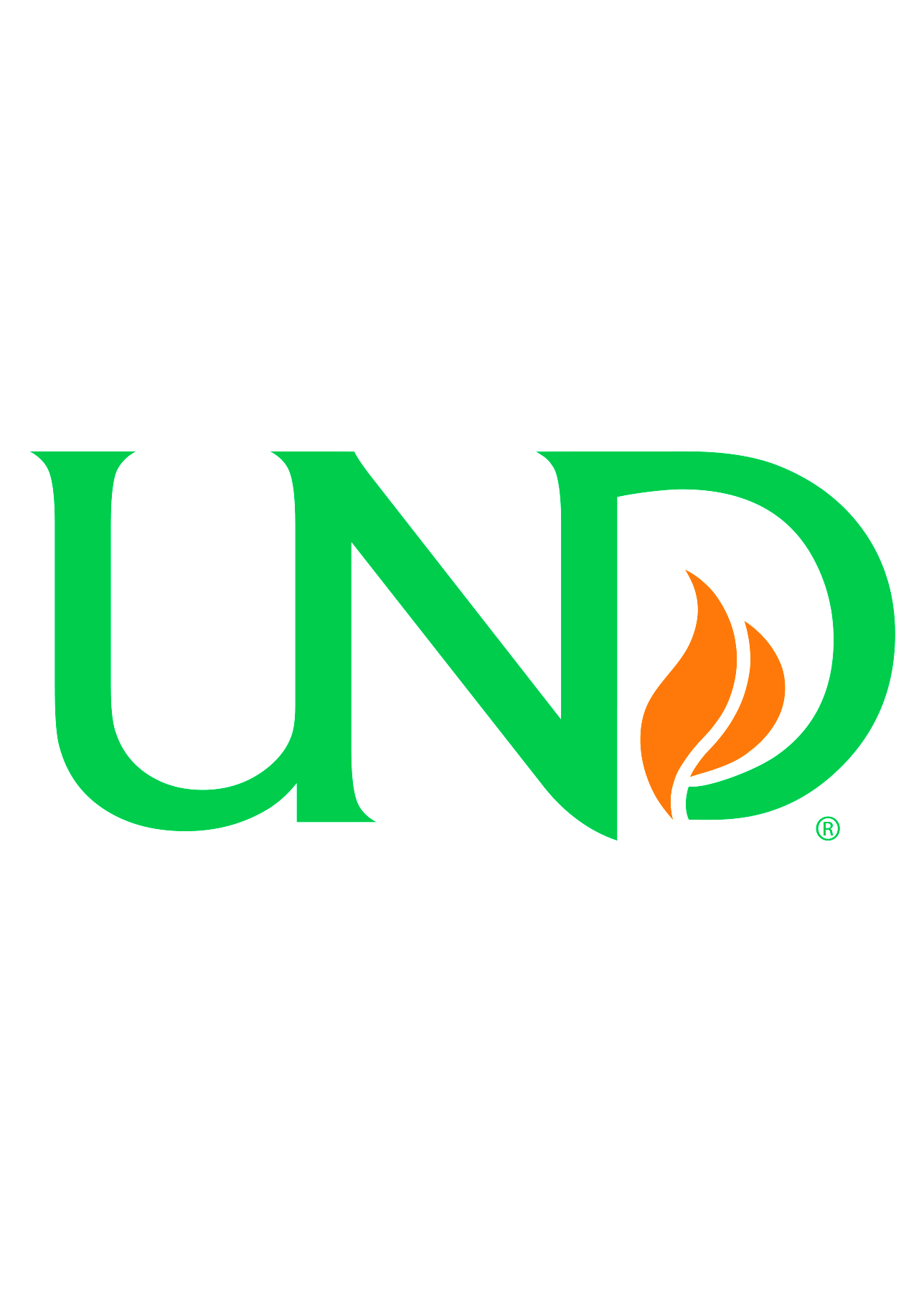
University of North Dakota
Intelligent Score: 97.82In-state: $8,540
Out-of-state: $12,810
In-state: $11,060
Out-of-state: $11,060
SAT: 1000-1230
ACT: 20-27
$384
On-Campus
Higher Learning Commission
120
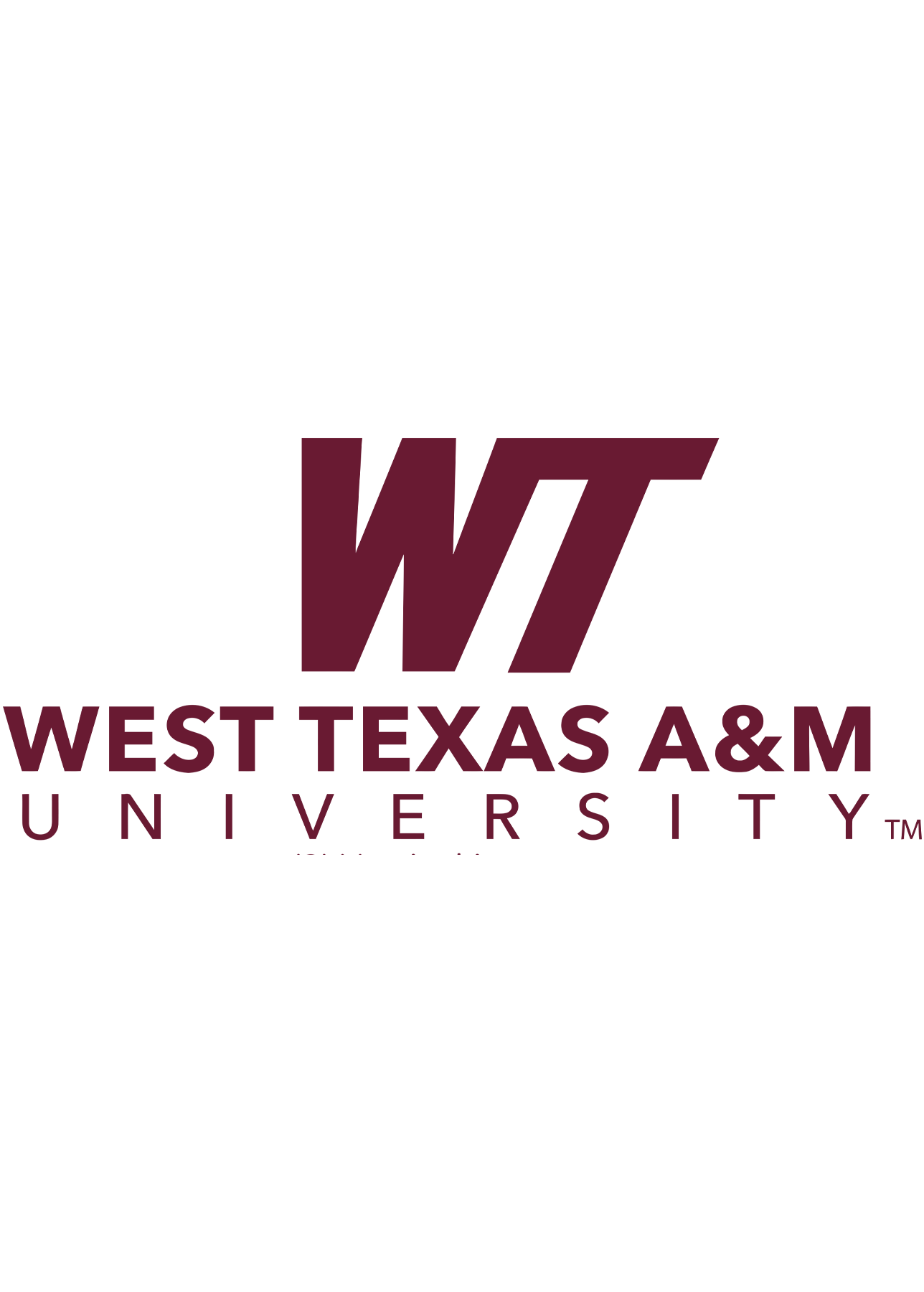
West Texas A&M University
Intelligent Score: 97.34In-state: $5,748
Out-of-state: $7,195
In-state: $4,968
Out-of-state: $4,968
SAT: 920-1130
ACT: 18-23
$50 - $168
On-Campus
Southern Association of Colleges and Schools Commission on Colleges
120

University of Maryland Global Campus Asia
Intelligent Score: 96.41In-state: $8,824
Out-of-state: $34,936
In-state: $13,158
Out-of-state: $13,158
SAT: 1270-1480
ACT: 30-34
$250
On-Campus, Online
Middle States Commission on Higher Education
120

University of Wisconsin - Madison
Intelligent Score: 96.14In-state: $9,273
Out-of-state: $37,161
In-state: $10,728
Out-of-state: $10,728
SAT: 1260-1460
ACT: 27-32
Resident: $502
Non-Resident: $1,727
On-Campus
Higher Learning Commission
120

University of Arizona
Intelligent Score: 93.96In-state: $10,990
Out-of-state: $33,273
In-state: $11,938
Out-of-state: $11,938
SAT: 1090-1350
ACT: 21-29
Resident: $507
Non-Resident: $1,689
On-Campus
Western Association of Schools and Colleges Senior College and University Commission
120

Sam Houston State University
Intelligent Score: 92.82In-state: $5,856
Out-of-state: $15,672
In-state: $5,765
Out-of-state: $5,765
SAT: 970-1120
ACT: 18-23
$244
On-Campus, Online
Southern Association of Colleges and Schools Commission on Colleges
120

Stanford University
Intelligent Score: 92.75In-state: $55,473
Out-of-state: $55,473
In-state: $54,315
Out-of-state: $54,315
SAT: 1420-1570
ACT: 31-35
$1,372
On-Campus
Western Association of Schools and Colleges Senior College and University Commission
180

Fort Hays State University
Intelligent Score: 92.46In-state: $4,140
Out-of-state: $14,580
In-state: $3,726
Out-of-state: $3,726
SAT: N/A
ACT: N/A
$188
On-Campus, Online
Higher Learning Commission
120

University of Louisiana at Monroe
Intelligent Score: 89.97In-state: $5,407
Out-of-state: $19,135
In-state: $5,511
Out-of-state: $5,511
SAT: 1000-1210
ACT: 20-26
$364
On-Campus, Online
Southern Association of Colleges and Schools Commission on Colleges
120

University of Pennsylvania
Intelligent Score: 89.46In-state: $53,166
Out-of-state: $53,166
In-state: $37,678
Out-of-state: $37,678
SAT: 1460-1570
ACT: 33-35
$1,221
On-Campus
Middle States Commission on Higher Education
128
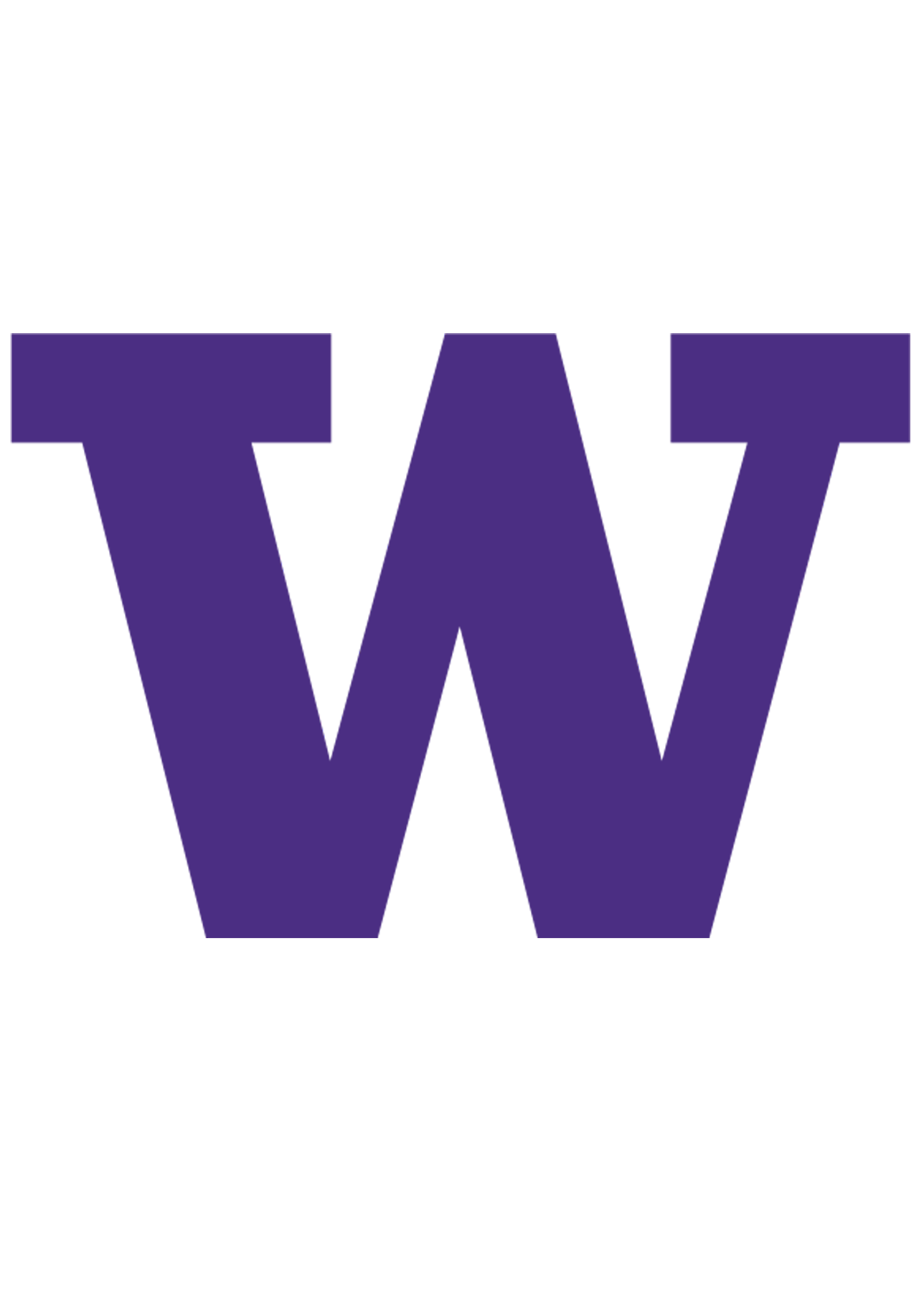
University of Washington
Intelligent Score: 88.50In-state: $10,629
Out-of-state: $37,998
In-state: $16,278
Out-of-state: $16,278
SAT: 1200-1453
ACT: 27-33
Resident: $455
Non-Resident: $1,435
On-Campus
Northwest Commission on Colleges and Universities
180

Arizona State University
Intelligent Score: 87.58In-state: $10,710
Out-of-state: $28,800
In-state: $11,720
Out-of-state: $11,720
SAT: 1100-1320
ACT: 21-28
Resident: $820
Non-Resident: $1,350
On-Campus
Higher Learning Commission
120

University of California, Berkeley
Intelligent Score: 87.23In-state: $11,442
Out-of-state: $41,196
In-state: $11,442
Out-of-state: $11,442
SAT: 1310-1530
ACT: 30-35
$477
On-Campus
Middle States Commission on Higher Education
120

University of Chicago
Intelligent Score: 85.78In-state: $57,642
Out-of-state: $57,642
In-state: $60,300
Out-of-state: $60,300
SAT: 1500-1570
ACT: 34-35
$1,772
On-Campus
Higher Learning Commission
126
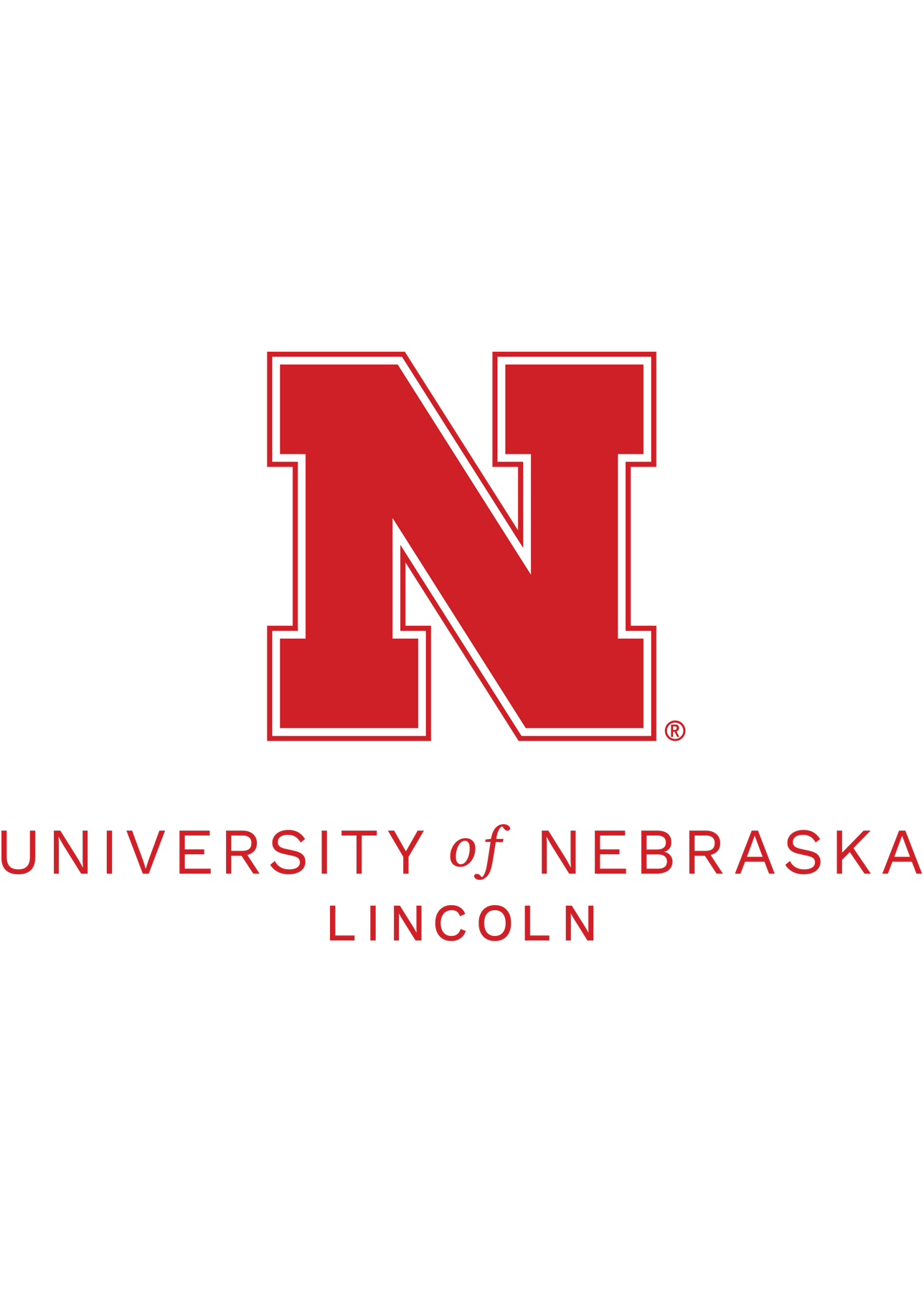
University of Nebraska Kearney
Intelligent Score: 84.52In-state: $7,770
Out-of-state: $24,900
In-state: $6,138
Out-of-state: $6,138
SAT: 1110-1320
ACT: 22-28
Resident: $216
Non-Resident: $471
On-Campus, Online
Higher Learning Commission
120
How to Choose a History Program
Choose your area of study
History degree programs offer an interdisciplinary approach to historical events and periods. Consider your career goals as you research your ideal area of study — each program offers different opportunities, concentrations, and other options, and your choice should align with your professional goals, education needs, and personal strengths or interests.
Most institutions offer undergraduate history degree programs through the arts and sciences, humanities, or liberal arts department or college, but they all generally award a Bachelor of Arts in history. These programs help students develop a deep comprehension of historical events, human behavior, and social evolution through various theoretical lenses. Undergraduate students who major in history most commonly go on to work in education fields as historians, librarians, or teachers, but many graduates also pursue careers as journalists, lawyers, and policy analysts.
Graduate and postgraduate programs give students opportunities to refine their research and analysis skills as they apply to historical events. These programs are academically focused, and while graduates have many career options, many progress to academic careers as archivists, historians, and postsecondary history professors.
Undergraduate and graduate programs offer a variety of concentrations, such as:
- Global history
- Gender history
- Religious history
- Renaissance and reformation
- European history
Research schools and programs
Look for institutions and programs that hold accreditation from reputable accrediting agencies by utilizing the Database of Accredited Postsecondary Institutions and Programs. Regionally-accredited schools and programs adhere to educational and curriculum standards determined by the Department of Education. Federal financial aid is typically only available to accredited programs, and accreditation may come into play when students transfer between schools or apply for jobs.
Learn more about curriculums and other details from the school and program websites. Admissions counselors and program representatives can also provide guidance and direct you to other helpful resources, such as virtual or in-person campus tours, information sessions, and other events.
Prepare for tests and applications
Admission requirements for history degree programs vary between institutions, but most require the following materials and information:
- Application form and fees
- Transcripts
- Letter(s) of recommendation
- Personal essay or statement
- Resume or CV
- SAT or ACT scores for undergraduates
- GRE or GMAT scores for graduates
- TOEFL (for students educated in a non-English language)
Undergraduate history programs typically don’t have any prerequisites beyond basic admissions requirements. Some master’s programs, however, may require applicants to submit historical essays or other materials to demonstrate their competency in historical comprehension, academic writing, and other skills. A bachelor’s degree in history or a related field from an accredited institution can help strengthen applications, but some schools also accept equivalent professional experience or supplemental undergraduate history courses.
Select your program
Each school and program offers different resources, opportunities, and other options that can affect the quality and success of your education. Reflect on your career goals and individual circumstances to select the program that suits you best. For example, many students with jobs or other obligations may benefit from programs that offer part-time, online, hybrid, or other logistics options. Likewise, student housing availability or local cost of living may be a factor if you attend school in a new area.
Consider other factors, such as:
- Curriculum
- Tuition cost
- Funding options
- Faculty
- Degree length and graduation requirements
Determine how you’ll pay for your degree
Start planning for your education funding by submitting the Free Application for Federal Student Aid (FAFSA). This government program provides need-based loans, scholarships, grants, and other financial aid to students attending eligible programs.
Students who require further funding can also consider Direct Subsidized Loans, PLUS loans, or private loans. Non-profit foundations, businesses, and other organizations may provide merit or need-based scholarships, and some employers offer tuition assistance benefits to employees. To further supplement your budget, consider income opportunities integrated with your education, such as work-study programs, paid internships and co-ops, assistantships, and fellowships.
What Can You Expect From a History Program?
A history degree program offers a broad study of people and civilizations. Employing an interdisciplinary approach that integrates politics, sociology, and other fields, history degree programs help students develop their understanding and perspectives of the past.
With an emphasis on critical thinking, research, and analysis, students learn to contextualize historical events in modern and future societies using various theoretical frameworks. Many undergraduate programs encourage or require students to pursue specialized topics throughout their education, which typically spans approximately four years with full-time study and requires about 120 credits for graduation.
Graduate degree programs allow students to choose one or more specializations. Working with their supervisor, students typically research, prepare, and defend a final thesis or capstone project on their chosen specialization. In addition to supervisor guidance and mentorships, graduate students also develop subject matter expertise through seminars, workshops, conferences, teaching experience, and other opportunities. Students may also complete internships or research practices to satisfy degree requirements. Graduate programs typically require two years of full-time study and 30 to 45 credits.
Potential courses you’ll take in a history program
- History Research Methods. Typically delivered early in degree programs, this course helps students build the skills and experience necessary for research, writing, and presenting. Students learn to analyze primary sources and study seemingly small details that influence overarching historical narratives.
- Global History. Exploring history around the world, students explore the political, cultural, and economic aspects of global history. Topics may include religion, scientific revolutions, industrialization, decolonization, and environmentalism.
- United States History. From Columbus to the present, this course explores the significant political and social developments throughout the United States’ history. Major themes include industrialism, colonialism, racism, and politics.
- Medieval History. Medieval history courses explore periods from the collapse of the Roman Empire to the beginning of the Renaissance and how religion, politics, monarchies, and other developments contributed to the culture of the Middle Ages. Topics include art, architecture, warfare, mythology, gender, and alchemy.
History Degree Frequently Asked Questions
How do I apply to a history degree program?
Most institutions allow prospective students to apply via a web-based admissions portal, which guides you through providing the necessary information and materials. Applications generally require transcripts, personal essays, application fees, and other relevant details. Speak to an admissions counselor or program representative to verify requirements, deadlines, and other information and tips on strengthening your application.
How much does a history degree cost?
How long does it take to earn a history degree?
Undergraduate history programs span about four years with full-time study and typically require 120 credits. Most graduate programs take two years, requiring 30 to 60 credits for graduation. Alternative course logistics can affect the total timeline of your degree, such as part-time, accelerated, self-paced, online, or other options.

